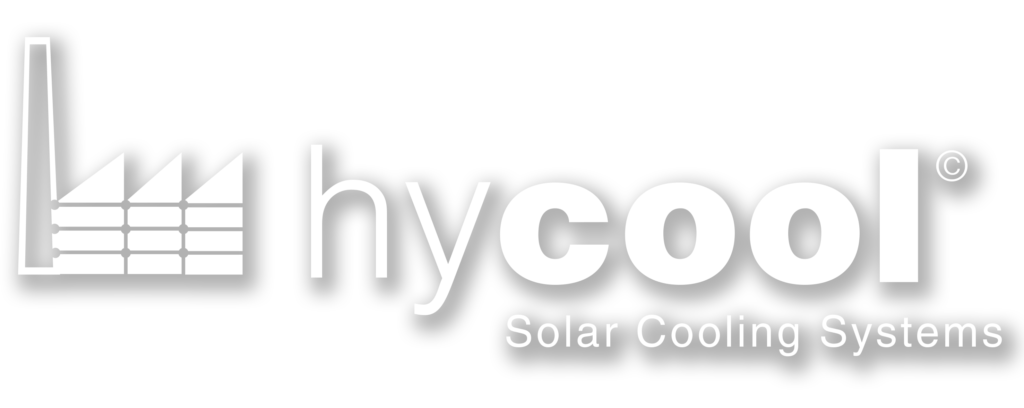Standards as a tool to boost the impact of HYCOOL
by Natalia Ortiz de Zárate, from the Spanish Association for standardization, UNE
The Spanish Association for Standardization, UNE is the body legally responsible for the development of standards in Spain and is also the representative in talks with European standardization bodies (CEN/CENELEC). Standardization helps shape the future, since it involves state-of-the-art technology and favours the development of new markets resulting from the constant innovation activity carried out by organisations and consortiums.
Standardisation adds value to Research & innovation projects and activities, through the use of the existing standards and the contribution to the development of new ones. Standards provide information on a myriad of tools that simplify the design of and guarantee compatibility with systems and conditions that are already in place. Using them reduces costs and risks, generating trust in the users, facilitating acceptance on the market and streamlining marketing. Concerning this first task, the analysis of existing standards and technical committees related to Hycool activies, the Report on the standardization landscape and applicable standards was submitted to help partners to be aware of the state of the art in solar thermal energy and other related topics.
But standards can also become a valuable tool for transferring the results and knowledge developed in the Hycool project. Both promotion and launch to market, are key to optimising the economic and social impact of the outcomes of Hycool. Standardization system constitutes itself an efficient and fast information and knowledge transfer structure. The bidirectional implication of correspondent technical committees at international, European and national levels allows any information provided to reach an immediate widespread dissemination, focused to the interested stakeholders in every country. Standardization activities have then intrinsically a component providing a mean visibility to the project itself and its outcomes to promote the increase of the current use of solar heat in Industrial processes.
Now UNE is working to establish a close relationship with relevant technical committees in order to better monitor the existing and ongoing standards and to identify gaps and other topics relevant to Hycool where standards could be developed to promote the inclusion of the findings of the project in future new or revised standards that can be easily used by the European or international industry. Participation in standardization activities and collaboration with standardization committees will also help reducing any existing or future barrier from the standards side that could affect the project impact. Standardization activities in HyCool are considered by this reason as a valuable tool for supporting the exploitation of the project outcomes, by facilitating future replicability and widest use and reducing market acceptance risks.



